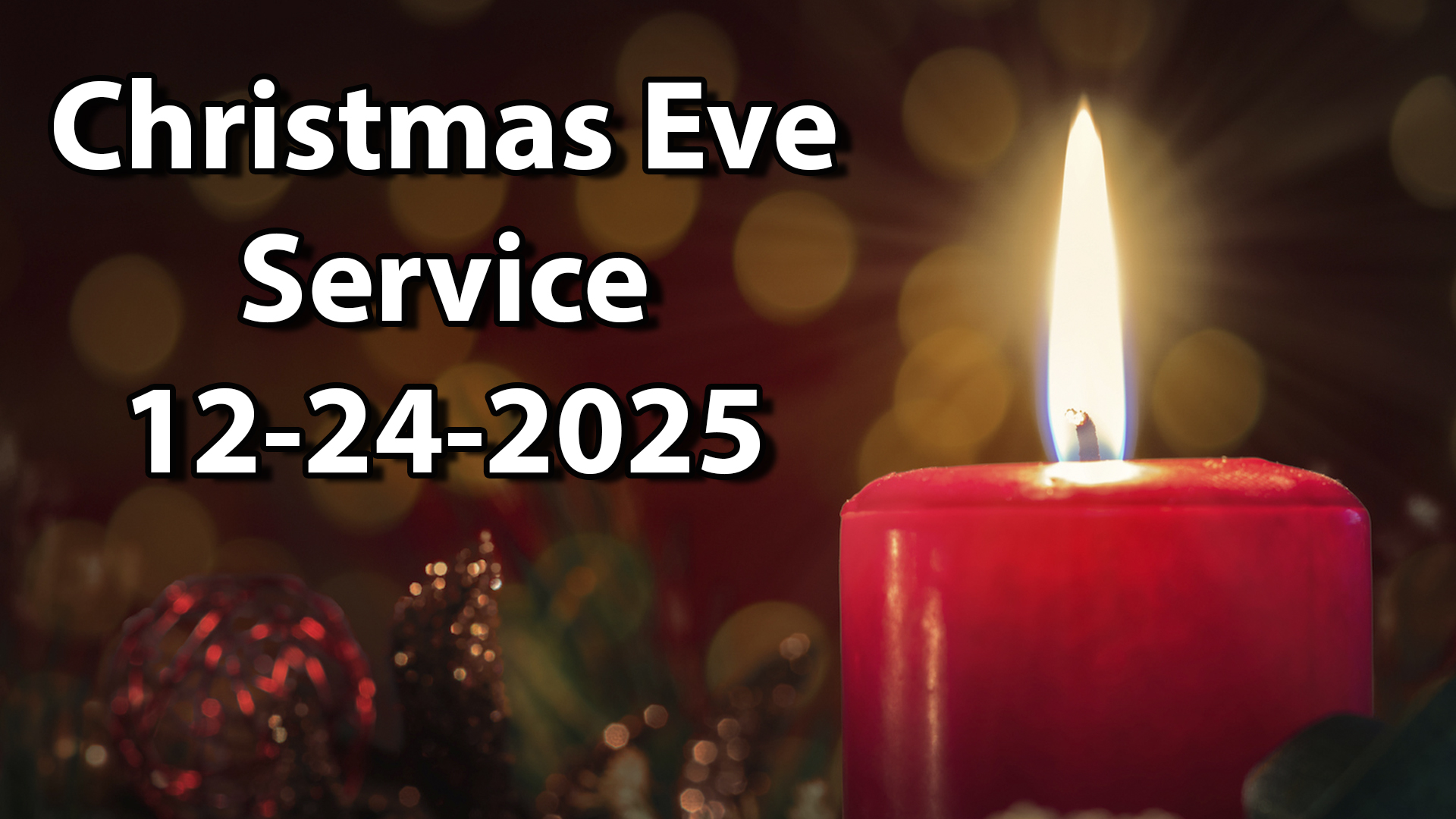Morning Message Text: Matthew 13: 1-9
The Parable of the Sower
1 That same day Jesus went out of the house and sat by the lake.
2 Such large crowds gathered around him that he got into a boat and sat in it, while all the people stood on the shore.
3 Then he told them many things in parables, saying: “A farmer went out to sow his seed.
4 As he was scattering the seed, some fell along the path, and the birds came and ate it up.
5 Some fell on rocky places, where it did not have much soil. It sprang up quickly, because the soil was shallow.
6 But when the sun came up, the plants were scorched, and they withered because they had no root.
7 Other seed fell among thorns, which grew up and choked the plants.
8 Still other seed fell on good soil, where it produced a crop—a hundred, sixty or thirty times what was sown.
9 Whoever has ears, let them hear.”
Morning Message:
To me this scripture has always seemed very straight forward. I have learned through the years that it depends on how God has made you what you see and get out of some scriptures. Let me simplify what I am trying to say. I’m a preacher. God gave me some ability to understand and preach his Word. As a preacher, this text makes perfect sense to me. Preaching is exactly like this; you take God’s Word and you spread it everywhere. That is all that preaching is. Like everything that we do in life we strive to do it the best that we can, but often we over complicate the process. We worry about making the sermon interesting, sometimes we can spend hours trying to find just the right words and arrange them in just the right way in order to have maximum effect. I had a professor once give me a piece of advice that at the time I thought was a very smart man trying to oversimplify things for a new preacher. After almost 20 years of preaching, I have come to the conclusion that he was serious and right. He said to me, “Don’t over complicate it, you are only responsible for the spreading.” And then he said, “God’s Word will do what God intends it to do: you could simply just stand up and read the scripture and sit back down.” Talk about deflating my ego.
In Jesus’ day, farmers would walk up and down their fields with a bag of seed draped over their shoulder. They would scatter seed everywhere and allow nature to take its course. I don’t know about you, but I don’t garden this way. I always try to space things just right, but it always seems to turn out like a jungle. As followers of Jesus, we are called to spread God’s
Word everywhere. It is not for us to decide where it might grow best. Everywhere we go we should freely and abundantly throw the seed.
The soil, the hearts of those where God’s seed, his Word, falls, is not our responsibility. We see examples here of four different kinds of hearers. We need to get this straight in our minds; we are not called to judge the soil. You have no idea who is ready to hear God’s Word and accept it. What our human nature tells us is don’t waste your time in certain places, God would never work there. Thank God the people in my life didn’t look at things that way. We look at this text and say to ourselves, “This farmer is doing this all wrong.” Do you know who this farmer represents in this parable? The Lord. God’s Word is never wasted, and it doesn’t return to him void. God prepares the soil and God blesses the harvest; it is God who will multiply the crop.
I want to move us to something outside of today’s reading that is very important for us to connect. The disciples are confused as to why Jesus speaks to the leaders in parables. I can understand their concern; it only makes sense to speak plainly and simply when you want people to understand. Jesus knew that many would not understand no matter how he said things. Jesus knew that in some, the soil was bad. In verses 13 through 15 we see this quote from Isaiah spoken over 700 years earlier. “Though seeing, they do not see; though hearing, they do not hear or understand. You will be ever hearing but never understanding; you will be forever seeing but never perceiving. For this people’s hearts have become callused; they hardly hear with their ears, and they have closed their eyes. Otherwise, they might see with their eyes, hear with their ears, understand with their hearts and turn, and I would heal them.” Hear is an unfortunate occurrence. When people receive God’s Word and fail to act on it, they gradually become callused in their hearts, get cataracts on their eyes, and lose their hearing. Have you ever developed a callus?
I often wonder about and sometimes out loud ask my wife, questioning so much of what is going on in this nation. Yes, sometimes I yell at the TV, and I talk to myself because I just can’t hold it in any longer. How can we, as a nation, moved so far away from Godly principles? I look at where we are and what we have become and honestly it makes no sense to me. There is no respect for human life. People kill other people just because they are in their way. They randomly push people in front of subway trains, and it seems to mean nothing to them and honestly in many instances it seems to mean nothing to our elected officials unless it costs them a vote. It’s like they are devoid of feelings, and then I remember the callus. We did not get here as a society overnight, it happened slowly. In small steps we learned to accept that life wasn’t of the utmost importance. For a long time now we have accepted that if a life was going to be inconvenient that we should end that life so as not to complicate ours. This is just one example of why we find ourselves on the brink of self-destruction. Jesus was speaking not just to the people of his day but maybe more so to us today. We see without really seeing; we hear the cries all around us without truly hearing. The only cure is God’s Word. We must keep spreading it freely until Jesus returns. We don’t know how many may turn and be healed before it’s too late.
In Christ’s Love and Peace,
Pastor Bob
Views: 2






